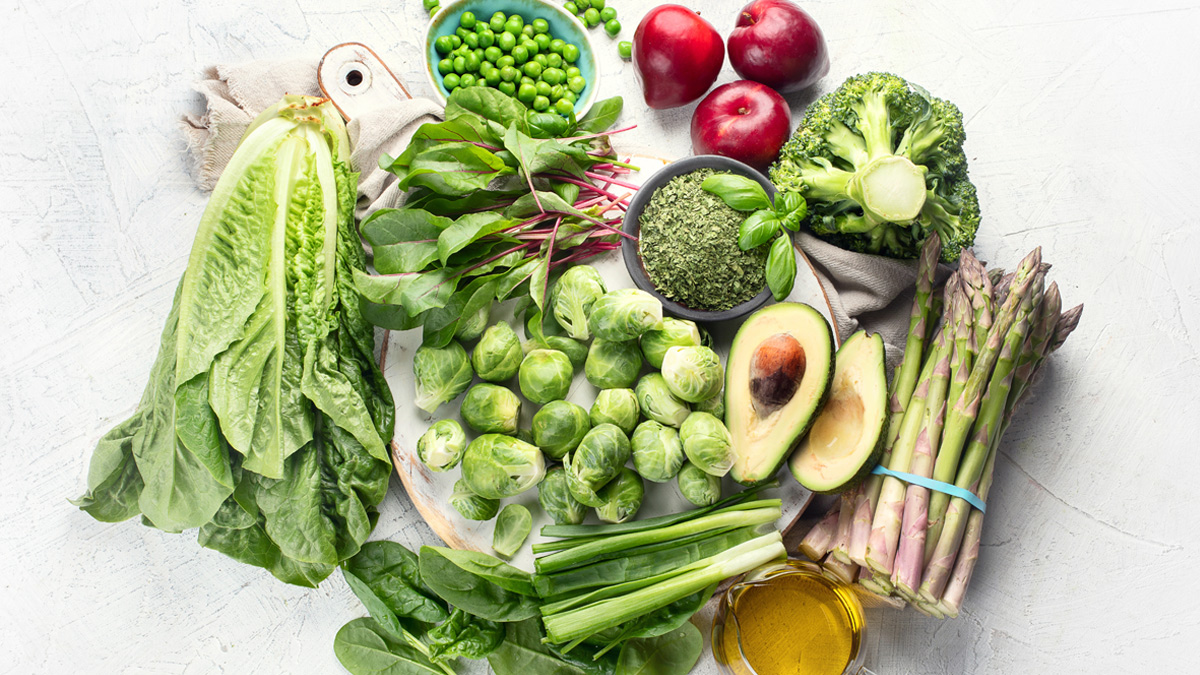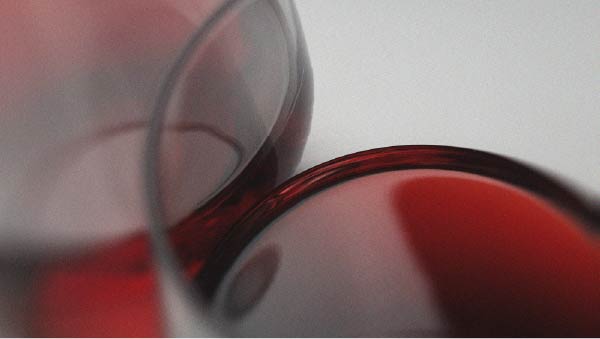What are the differences between vitamins K1 and K2?
Though most people are aware of vitamin K, it’s less well-known that there are actually two main forms of this vitamin: phylloquinone (K1) and menaquinone (K2). Do you know the differences between them?

There are two main forms of natural vitamin K: phylloquinone (K1) and menaquinone (K2). Vitamin K1 is primarily found in green leafy vegetables and plays a role in blood coagulation, while vitamin K2 is mainly produced by gut microbiota and is essential for healthy arteries and bones. They are both absorbed in the small intestine.
Vitamin K1, essential for blood coagulation
Phylloquinone is essential to the circulatory system: without it, the liver is unable to produce the molecules that ensure coagulation of the blood (1). Serious K1 deficiency poses a risk of haemorrhage while in contrast, certain anticoagulant treatments are vitamin K antagonists – they work by reducing its blood-clotting action.
Vitamin K1 is found in green vegetables (spinach, cabbage, lettuce, broccoli …), and soya and rapeseed oils.
Vitamin K2, essential for healthy arteries and bones
Like vitamin K1, vitamin K2 is a protein activator, and participates in blood coagulation (2). But it is more often recognized for its essential role in maintaining arterial flexibility (3). Menaquinone activates matrix Gla-protein (MGP), which contributes to the elimination of calcium in the arteries, thus helping to prevent calcification and associated risks such as hypertension.
Its role in calcium metabolism also means it is able to protect bone density (4), particularly in at-risk groups (menopausal women, infants): without vitamin K2, calcium would not be taken up by the protein osteocalcin for subsequent binding to, and strengthening of, the bone matrix.
Due to its chemical structure, it remains in the blood longer - a few days rather than a few hours in the case for vitamin K1 - and therefore has longer-lasting effects (5).
Vitamin K2 is produced in the body from bacteria present in the gut. It’s also found in highly-fermented foods such as sauerkraut, natto (a Japanese food based on fermented soya beans), cheese, liver, yogurt, and of course, dietary supplements. The SuperSmart catalogue offers the only form of vitamin K2 able to produce an 8-fold increase in vitamin K blood levels: MK-7 90 mcg. It comes in the form of softgels for maximum absorption, and is combined with vitamin D for scientifically-supported synergistic effects!
References
- Thilo Krueger, Vincent M. Brandenburg, Leon J. Schurgers, Jürgen Floege : Vitamin K in vascular health – more than just a role in coagulation. Port J Nephrol Hypert. 2008, Vol. 22(2), pp 143-148.
- Theuwissen E, Teunissen KJ, Spronk HMH, Hamulyák K, Ten Cate H, Shearer MJ, Vermeer C, Schurgers LJ : Effect of low-dose supplements of menaquinone-7 (vitamin K2 ) on the stability of oral anticoagulant treatment: dose-response relationship in healthy volunteers. J Thromb Haemost. 2013, Vol. 11, pp 1085–1092.
- Olivier Phan, Michel Burnier : Calcifications vasculaires et déficit en vitamine K : un facteur de risque modifiable dans l’insuffisance rénale chronique. Rev Med Suisse. 2013, Vol. 9, pp 451-455.
- Iwamoto J, Takeda T, Sato Y : Effects of vitamin K2 on osteoporosis. Curr Pharm Des. 2004, Vol. 10(21), pp 2557-76.
- Schurgers LJ, Teunissen KJ, Hamulyák K, Knapen MH, Vik H, Vermeer C. : Vitamin K-containing dietary supplements: comparison of synthetic vitamin K1 and natto-derived menaquinone-7. Blood. 2007, Vol. 109(8), pp 3279-83.
Keywords
4 Days
great products and prices
great products and prices
Marie
10 Days
Easy to navigate site
Easy to navigate site, had what I was searching for, good price. easy order-check out
James Tucker
16 Days
My skin is clearing up nicely!
Pretty good for my skin so far.
Christian
18 Days
The new packaging is excellent
The new packaging is excellent - finally! No more squashed boxes and torn envelopes.
GORAN
19 Days
Great Product
Great Product
Larry Garrett
23 Days
Quick shipping
Quick shipping; good price. No issues!
Mary McCarty
25 Days
Thr product is very good and is helping…
Thr product is very good and is helping me on my health. Then is always on time
LUGO Luz
27 Days
Buying was fine
Buying was fine. I had problems with the website not recognizing my login info, and had to call to get it fixed. Other than that, everything was good.
David S. Clark
27 Days
Your super maca and super ginseng are…phenomenal
Your super maca and super ginseng are phenomenal supplements that compliment each other when taking them together. Fantastic feeling of well-being and lots of mid day energy without the crash.
Keith Mason
30 Days
I have had amazing results with every…
I have had amazing results with every supplement I've purchased. I am extremely satisfied with this company
kirstin Torres
30 Days
Fine products
Fine products . They are on the leading edge of online supplements. The only issue -so far-is they sometime run out of subscription items.
Jason Argos
33 Days
The ordering process is very user…
The ordering process is very user friendly and the products always come in a timely manner.
CARTER Rhonda
34 Days
The price for Dr
The price for Dr. Pero's AC-11 is reasonable and in line with his views. (my former colleague). Keep it pure.
CAMPBELL Clayton
37 Days
Right on every time.
Right on every time.
Arthur Nicholas
39 Days
They are cheaper than everyone else and…
They are cheaper than everyone else and the shipping was fast. Great company.
Patricia Adams




